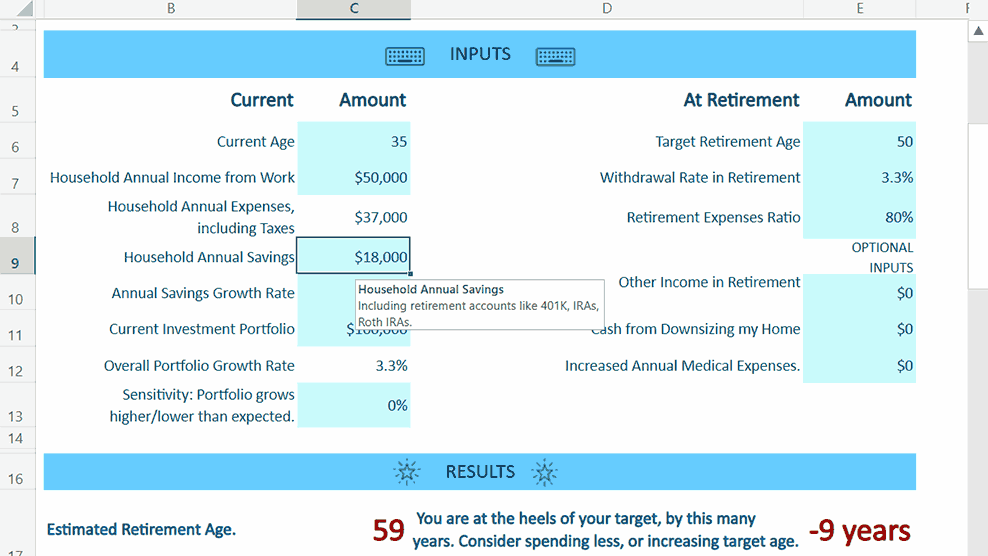What is Net Worth—and Why Does it Matter?
Understanding how much money is in your bank accounts is helpful for day-to-day spending but knowing your net worth can paint a broader picture of your overall financial situation.

What is your net worth?
A person’s net worth is an indicator of their financial health. It’s the total value of all their assets after subtracting the total cost of their liabilities. Assets aren’t limited to cash in bank accounts, they can include properties, vehicles, investments, or anything that could be sold for a profit. If it’s worth money, it’s considered an asset. Liabilities are any sort of debt that is owed. This includes credit card bills, car payments, student loans, and mortgages.
Depending on the balance of your assets and liabilities, your net worth can be positive or negative. You should always aim for it to be positive; to have more than is owed. For example, if you have $100,000 owed on your student loans and $55,000 in cash, your net worth would be negative $45,000. This is an over-simplified example, but it shows that debt outweighs cash on hand.
How to figure out your net worth
Knowing your net worth can help you identify the health of your personal finances. There may be times when your net worth increases, but it’s not always a positive thing, especially if you have a low credit score. On the other hand, when you’re retired and liquidating your IRA or 401K, your net worth will be decreasing, but not in a way that would be viewed as a negative. By tracking your finances, you can get a good idea of how you’re doing in terms of net worth.
In order to figure out your net worth create a list with two columns: one for assets and one for liabilities. There are some great budgeting templates to help you get started.
In the assets column, you’ll need to list the dollar amounts for:
- What’s in your checking and savings accounts
- All retirement savings
- Real estate and cars that are owned outright
- Any other personal assets that can be sold for profit like jewelry and antiques
In the liabilities column, list the amounts for:
- Mortgages
- Personal loans
- Car payments
- Credit card debt
- Student loans
- Any other money owed
Add each column and subtract the liabilities total from the assets total. While this is a reasonably straightforward exercise, it may take some thinking, especially if you have multiple personal accounts or a fair amount of debt.
Is there an average net worth by age?
Once you’ve figured out your own net worth, comparing it to some national averages can help you determine how you’re doing, financially, and if you need to step up your savings or make some changes.
The average American net worth is $748,800, which is a little high because affluent households drive the average up. A more accurate way to look at things is to consider the midpoint value, rather than the average, because it’s a better representation of an everyday person. Across the U.S., the median net worth of households is $121,700.
Net worth can vary by your age, education, income, and location. Here are some examples of median net worth if the head of the family is:
- Under 35 years old: $13,900
- 45 to 54 years old: $168,600
- Older than 75 years old: $254,800
How to boost your net worth
Increasing your assets while paying down your liabilities how to increase your net worth. There are a few ways to go about this:
- Pay off any outstanding debts. This may be easier said than done but creating a plan to reduce money owed is the biggest step you can take to growing your net worth. Paying off debts with the highest interest rates first is a smart idea.
- Pay yourself first. Set up automatic savings to grow your wealth for the future.
You’ll also need to be patient. Big financial moves typically don’t happen overnight, but by paying close attention to your finances, paying down debts, and saving for retirement, your net worth will be on an upswing.

Get started with Microsoft 365
It’s the Office you know, plus the tools to help you work better together, so you can get more done—anytime, anywhere.
Learn more












